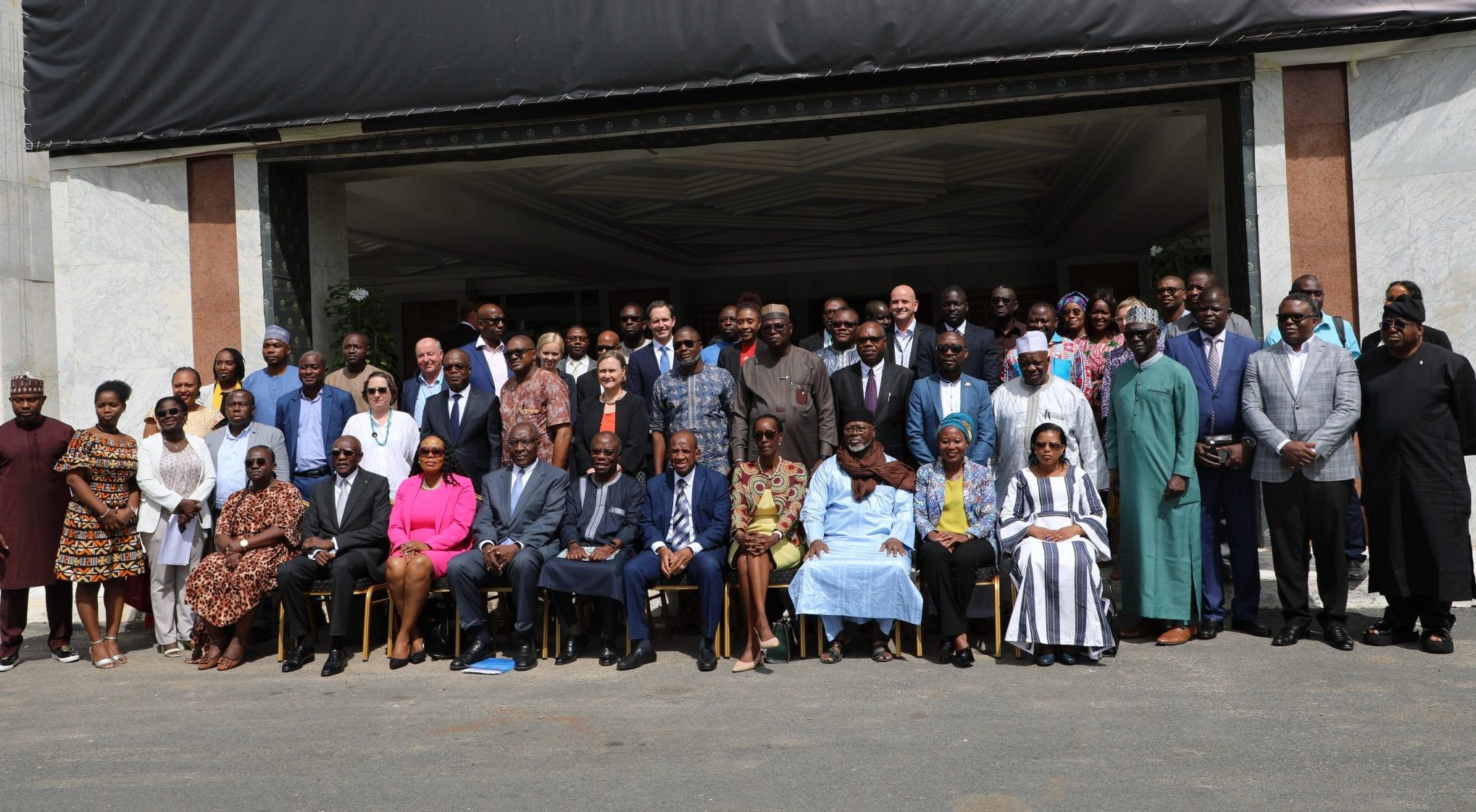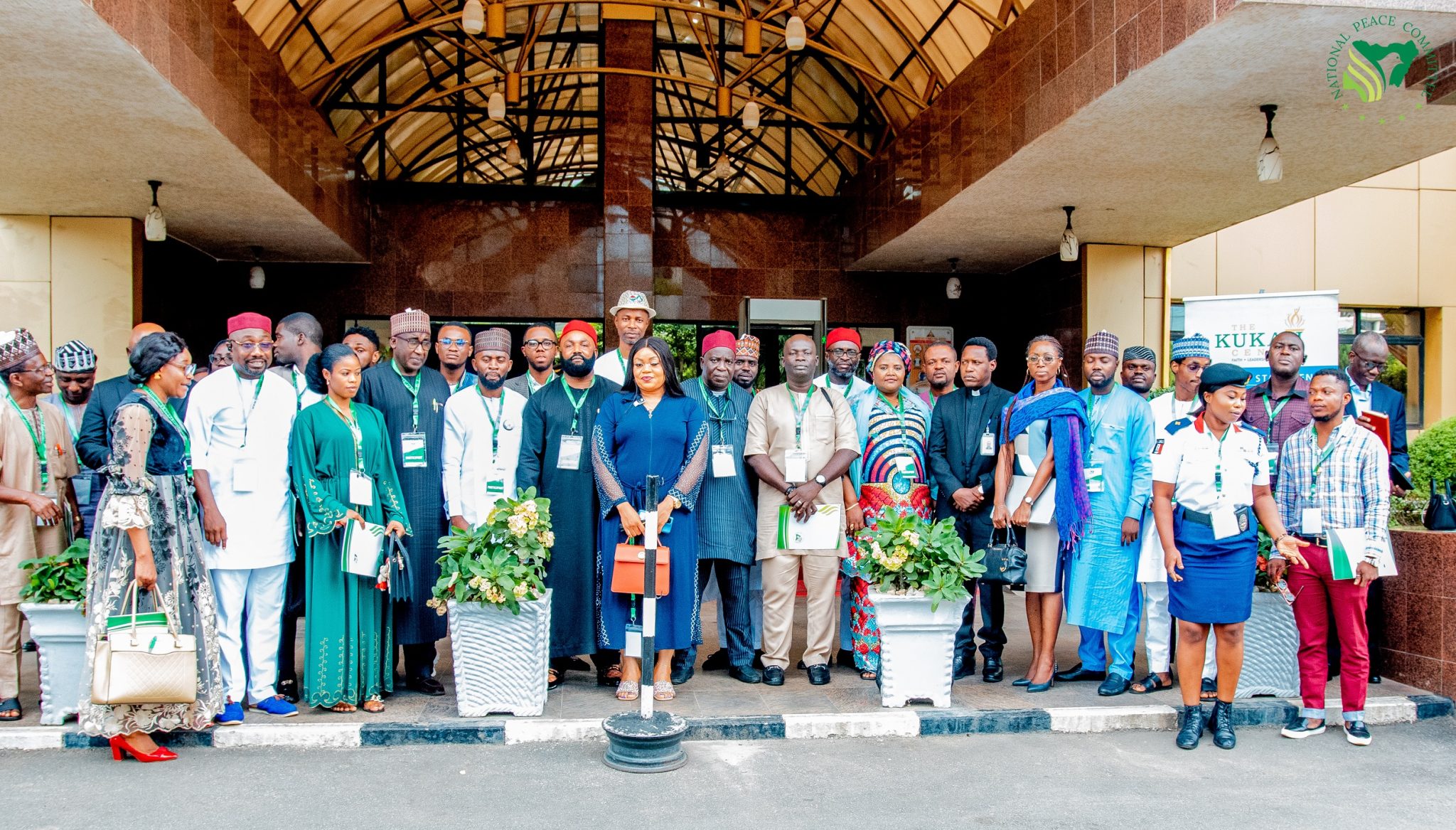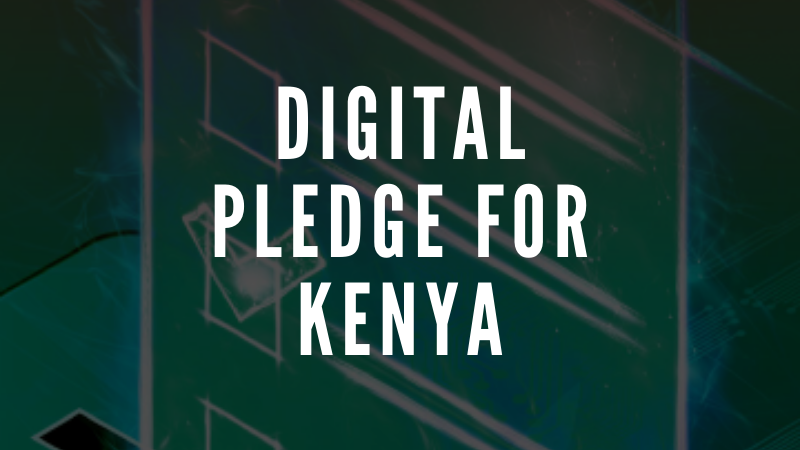The Impact of Digital on Elections and Democracy in West Africa
This article was written by Yves Leterme, Secretary-General of International IDEA, Former Prime Minister of Belgium and vice-chair of the Kofi Annan Commission on Elections and Democracy in the Digital Age.
“People don’t trust governments; they trust Facebook,” said Ramanou Kouferidji, chairman of Imanle Africa Television of Benin, succinctly capturing a widespread difference of perception in Africa compared with debates currently underway in Europe and America.
ABIDJAN – In countries where citizens grew up with state-controlled media which all too often peddled propaganda, the internet and social media provide welcome independent news sources, stressed Aïda Ndiaye, the representative of Facebook for francophone West Africa, drawing assent and criticism in equal measure around the room.
Mr Kouferidji and Ms Ndiaye were speaking at a West Africa consultation of the Kofi Annan Commission on Elections and Democracy in the Digital Age (KACEDDA), of which I am the vice-chair, recently held in Abidjan as part of our efforts to understand how the global spread of digital is affecting democracy in different parts of the world.

Above: The participants at the consultation discussed the impact of social media and new technologies on electoral integrity in Africa.
Twenty-five years after the creation of the World Wide Web, there are over three billion citizens around the world accessing the internet. This gives citizens unprecedented access to information and the ability to participate in public debate directly and quickly. It also offers candidates, parties and all manner of social movements a host of new tools to organise and advance their causes. The Arab Spring, whose ripple effects are still being felt today in Algeria and Sudan, would probably not have been possible without social media.
“People don’t trust governments; they trust Facebook.”
– Ramanou Kouferidji, chairman of Imanle Africa Television of Benin
Fake News
Yet, as we have come to realise over the past few years, the internet and social media also have their dark sides. Amadou Ba, from Senegal, the founder and chairman of All Africa News, opined that Africans are even more vulnerable to ‘fake news’ due to low education levels combined with unregulated rapid internet penetration.
He recalled the persistent rumour that President Buhari of Nigeria was dead, that spread in the run-up to the 2019 election, and told the group of footage of a massacre allegedly in Cameroon, whose provenance and accuracy are still being debated. He spoke of the vital role of fact-checking of online news in this context, which his company is joining forces with others to provide.
Well-documented social media phenomena like the creation of echo chambers, the viral spread of fake news and the micro-targeting of specific demographics could have particularly violent consequences on the continent, where ethnic, religious and regional cleavages have in the past triggered inter-communal violence.
Jean-Marie Guehenno, former head of UN Peacekeeping, stressed that fake news jeopardises deliberative democracy itself because they erode trust in its institutions. He compared the verticality (elitism), formality, and time-consuming processes that characterise representative democracy with the horizontal, informal, fast, direct and easy access to social media.
Striking a balance
President Pedro Pires of Cap Verde opined that technology could be helpful, specifically concerning its operational use in elections, but that its value depends on the honesty of the electoral management bodies.
Alain Dogou, vice-president of the election commission of Côte d’Ivoire, countered that despite the vast progress in electoral technology and the advances in transparency, accountability and reliability they provided, trust in electoral processes and results remains low. This is not the fault of technology, he believes, but of politicians, who all too often do not accept defeat as an option and instrumentalise doubts for political gain.
President Mary Robinson, Chair of the Elders, flagged the particular risk social media represent for women, both as candidates and as officials, based on her experience of African elections. On-line harassment and intimidation can be ruthlessly effective.
At the same time, President Robinson also urged the commission to ‘strike the right balance’ because social media are vital for civil society. She deplored the trend of internet and social media shut-downs around election time, citing recent examples in Cameroon, Tchad and the Democratic Republic of Congo.
The Internet as a Human Right
Amadou Ba stressed that whatever the drawbacks, the internet has to remain open, accessible and affordable. It has become a ‘human right’, vital both for African democracy and economic development.
This fruitful exchange drove home the relevance of the commission’s work. I noted the parallels, but also the differences with other regions where we have held consultations.
The challenge for the Commission will be crafting recommendations that are relevant across the globe, for the internet is not just a new tool, it is shaping a new era in human affairs, the digital age.
—
The Annan Commission on Elections and Democracy in the Digital Age is undertaking a year of consultations to issue recommendations as to how new technologies, social media platforms and communication tools can be harnessed to engage, empower and educate voters, and to strengthen the integrity of elections. The most recent, the West Africa Consultation, was held in Abidjan, Cote d’Ivoire, 6 April 2019, during the Mo Ibrahim Governance Weekend 2019.



